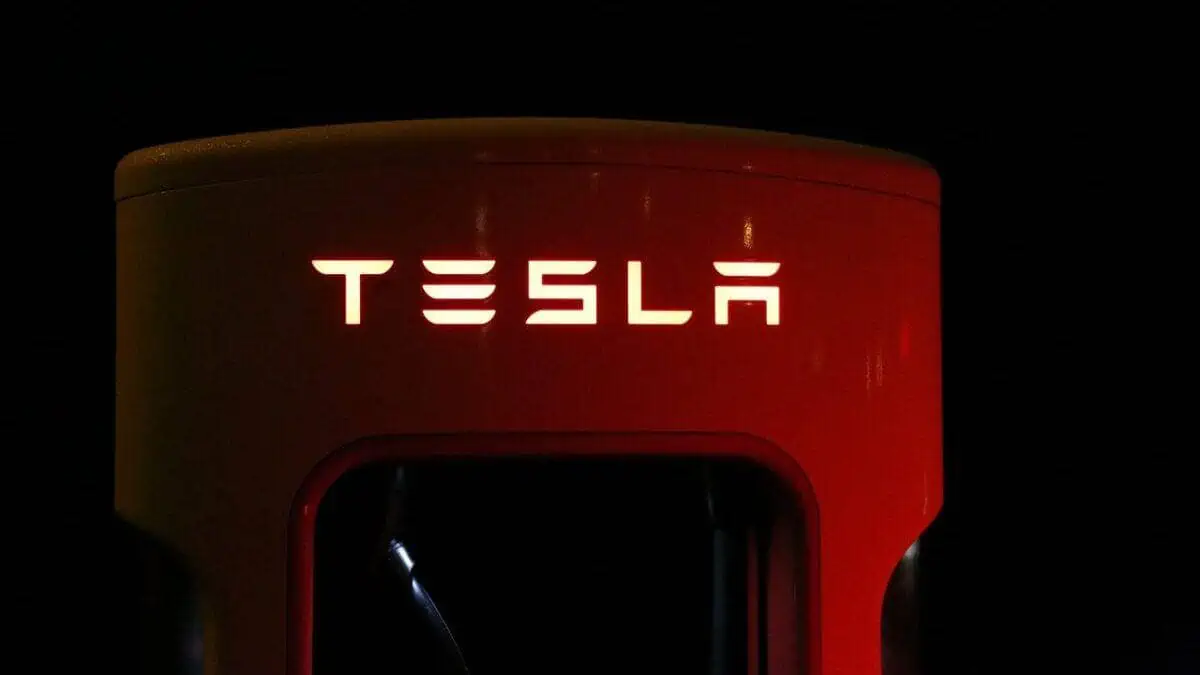Tesla disclosed in an annual filing with the Securities and Exchange Commission its generation of an extra $1.79 billion in revenue from regulatory credit sales in 2023.
The Musk-led company continues profiting from its rival’s failure to meet emissions standards in various key markets.
Tesla’s regulatory credit revenue
Tesla’s latest 10-K filing revealed its astounding gross profit of $17.66 billion in 2023. Of that total, $1.79 billion came from regulatory credit sales. It indicated a notable increase from just $1.776 billion in 2022 and from $1.465 billion in 2021.
In that sense, regulatory credit sales accounted for over 10% of the American electric automaker’s gross profit.
Side hustle
Transport Topics reported that Tesla had already earned $9 billion in total from this side hustle since 2009, making it a tidy business for the American automaker.
Tesla earns regulatory credits by producing and selling electric vehicles. The American automaker then sells the credits to its rivals who surpass emissions limits in particular markets, including China, the European Union, and California.
Tesla’s Chief Financial Officer Zachary Kirkhorn asserted at the 2020 Earnings Call in July that he expected the profit from regulatory credits to gradually dissipate.
“We don’t manage the business with the assumption that regulatory credits will contribute in a significant way to the future. It will continue for some period of time, but eventually this stream of regulatory credits will reduce.”
Zachary Kirkhorn, Tesla Chief Financial Officer
At that time, Tesla earned $1.58 billion from regulatory credit sales.
“It really makes them mad that Tesla got so much of a boost out of being the only purely electric car manufacturer out there. In effect, they helped to finance this upstart company which now has all the glamour.”
Mary Nichols, the former chair of the California Air Resources Board, told Bloomberg News in 2017
Tesla’s customers
Major legacy automakers like Volkswagen and General Motors have failed to meet their own electric vehicle goals, prompting them to delay or cancel their latest production investments.
In recent years, both automakers have relied on buying regulatory credits to help them meet emissions standards. Stellantis has also been one of Tesla’s major regulatory credit buyers, which has continuously worked to shift to EVs in recent years.
It would no longer need to buy Tesla’s credits in the future, potentially hurting the Musk-led company’s side hustle.
All that said, automakers struggling to keep up with the emissions standards must continue to strive to increase electric vehicle output. Vehicle emissions rules continue to intensify in various key markets, with Europe setting more stringent rules starting in 2025 and from 2030 onward. Meanwhile, the UK imposed a zero-emission vehicle mandate starting in 2024.






